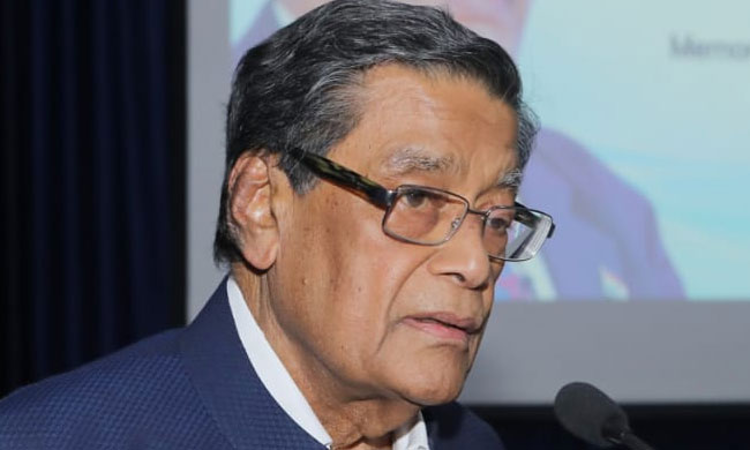Court Has Necessarily To Take An Activist Role To Achieve Social, Economic and Political Justice: AG KK Venugopal
LIVELAW NEWS NETWORK
22 Feb 2020 2:25 PM IST

"With the collaborative efforts of the Government of India and the Supreme Court of India, in the area of reducing the poverty of this section of the people, one could well hope that poverty could be eradicated in the next few years from the face of India", He said
Next Story


